HEADLINES
Mon, Dec 08, 2025


Does Religion Mean Anything Again?
By abidemi ADEBAMIWA
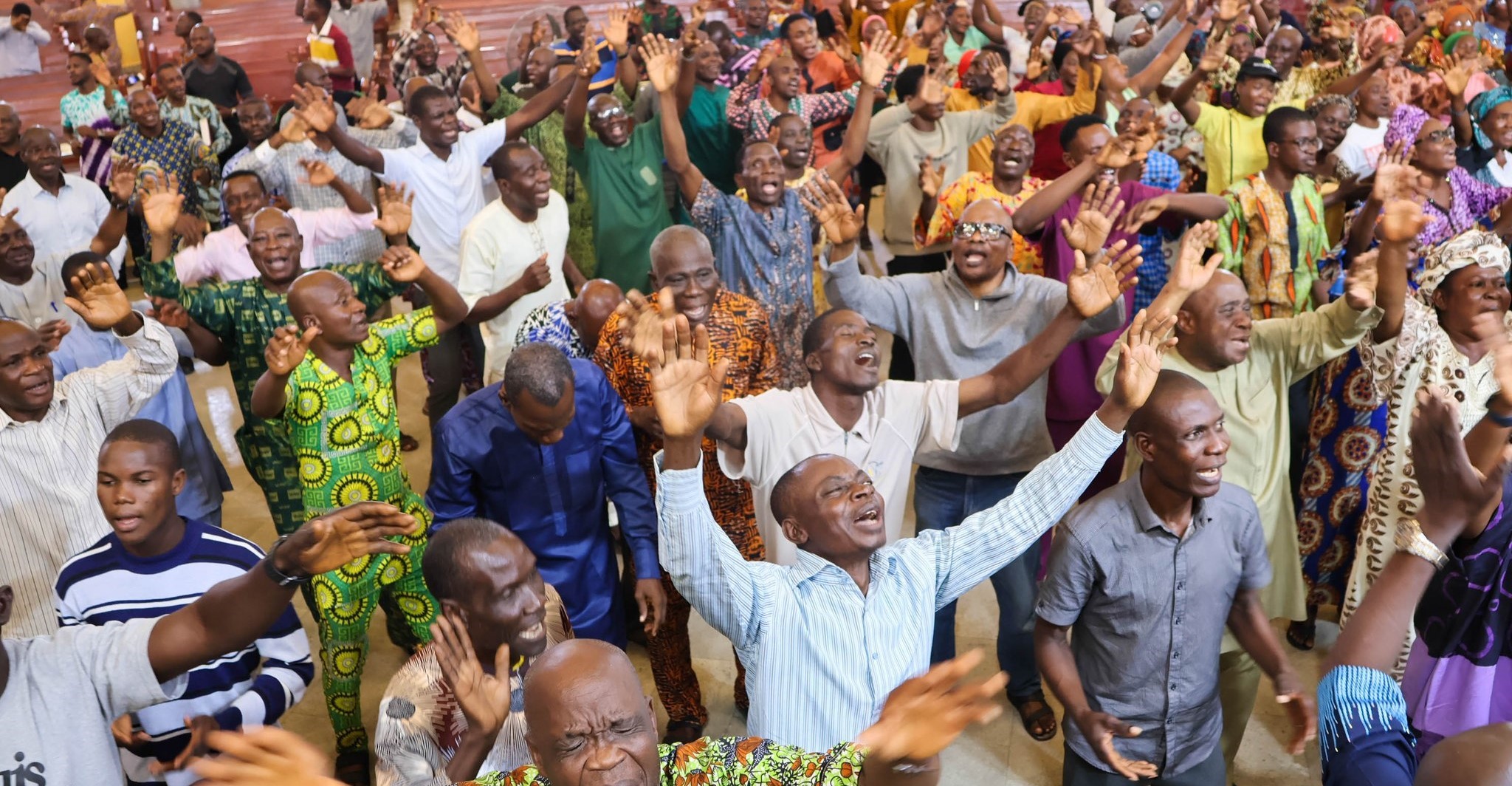 A Religious Gathering in Nigeria
A Religious Gathering in Nigeria
There’s a Bible in one hand, a prayer mat in the other — and a stolen budget in the briefcase.
That’s how many of our politicians walk into office. Public displays of piety, but zero reverence for people. They bow their heads in mosques, kneel in churches, shout “God bless Nigeria” at rallies, yet behind closed doors the only altar they serve is power and profit.
The most surprising part of this to me is that Nigerians are devout. But what’s unfolded is a marked misuse of religious identity as a shield — to disarm scrutiny, to distract the vulnerable, to whitewash dirty hands. Outside religiosity has replaced substance. Policy talk is gone. Only prayer meetings remain. Redemption is sold—even when the vault is emptied.
And somehow it works. A politician who couldn’t account for billions in office gets re-elected after a church photo-op or a video of Umrah. Our memory is short, our suffering long.
You see them on Facebook and X ( formerly Twitter), posting pictures of Friday prayers or Sunday worship. But by Monday, the headlines break — they’re using phony companies to corner contracts and steal public funds. That contrast has become the norm. Holiness online. Hustling offline.
It’s not just hearsay. A 2022 Afrobarometer survey shows 60% of Nigerians trust religious leaders “somewhat” or “a lot”, compared to only 27% who trust the president and 19% who trust the National Assembly. The halo of religiosity often shields the hustle.
Worse yet, a Chatham House study tracked how corruption becomes embedded when social norms expect it—even among religious groups. They found efforts relying solely on moral or religious appeals rarely work in societies where “everybody does it” is the accepted logic.
What about those living among the fallout? Police officers, for example. The Nigerian Police Barracks tell a depressing story: shattered walls, leaking roofs, rusted beds. Serving officers live in unacceptable squalor while pensioners retire into poverty. A feature report noted welfare neglect as a key driver behind protests by serving and retired officers. That’s the human price of optics over accountability.
The manipulation isn’t subtle nor accidental. During campaigns they race from cleric to cleric, pasting Qur’an verses and Bible quotes on flyers—not because of conviction, but calculation. It’s a mask that hides the rot.
What do we really see? A senator handing out rice in Ramadan while dodging questions on constituency projects. A governor celebrating thanksgiving after approving crippling loans. A political party issuing prayer bulletins while gutting education and healthcare behind closed doors.
Churches and mosques have become choreography venues. Praise and prayer sessions held for indicted politicians. Sermons delivered with political undertones. Some are bought off, some coerced, most indifferent. Religion becomes costume, not conscience.
And then the question lingers — does religion even mean anything again?
When a man can wave a tesibau, post a prayer, quote scripture, and still steal from the sick and pensioners — what exactly are we clapping for?
Some even point fingers at imported religions — Western or Middle Eastern — blaming them for the decline of moral leadership. But the irony is not lost: traditionalists too are often found fortifying these same phony, outwardly religious politicians. They gather in shrines, perform sacrifices, and offer spiritual backing to men whose only god is power. Everybody is involved. Everybody is complicit.
All the while, ordinary Nigerians sink deeper. The public now equates fasting with leadership, pilgrimage with probity, kneeling with trust. The white jalabiya shields filthy records. The visible rosary masks an invisible conscience. The tesibau beads swing in rhythm, but behind the fingers rolling them lies a stolen future.
We’ve normalised a politics of costume. Leaders hold vigils, yet never hold themselves accountable.
And the public keeps applauding.
News in Pictures
Copyright 2025, Thenewsroom.ng

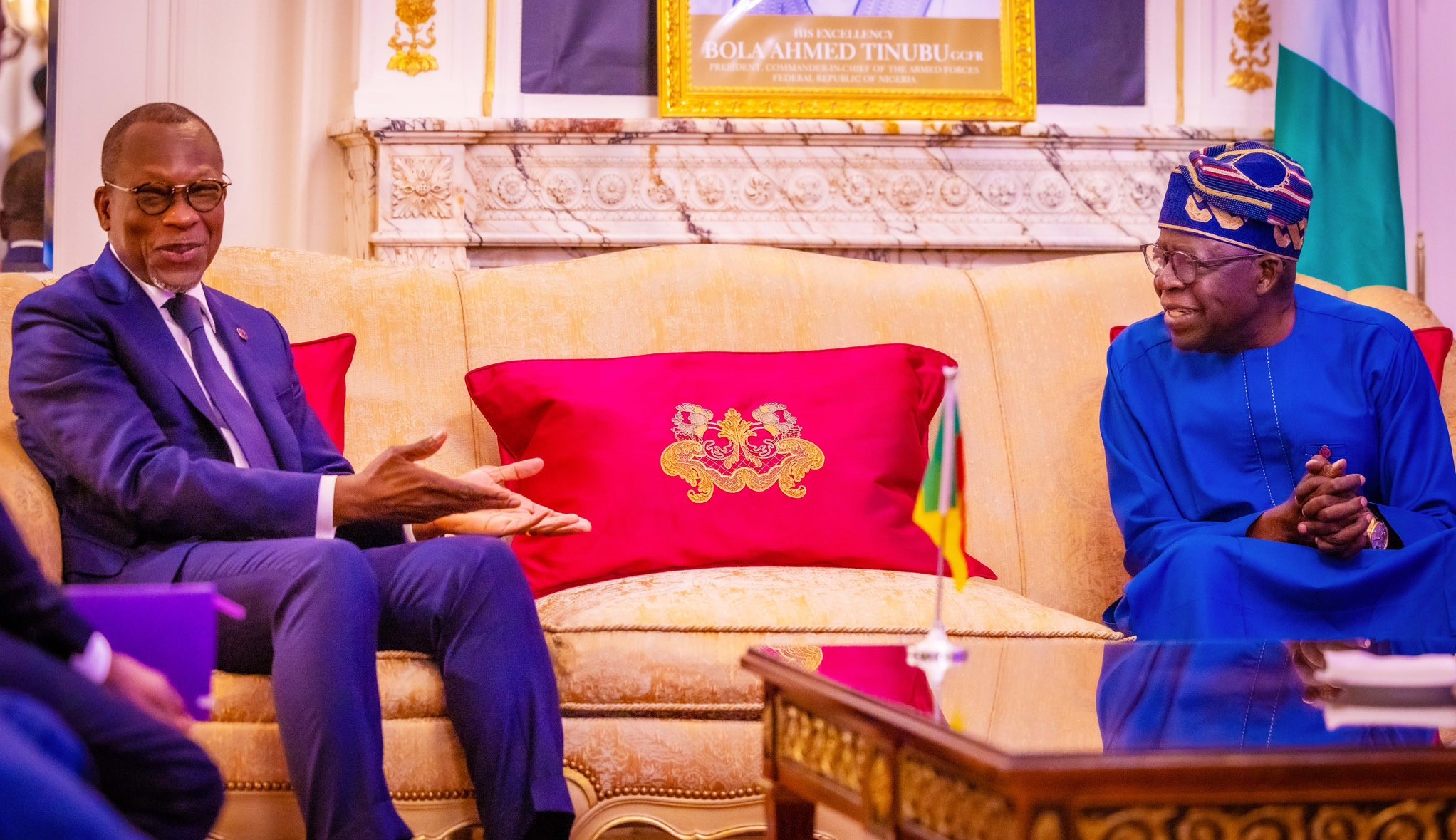
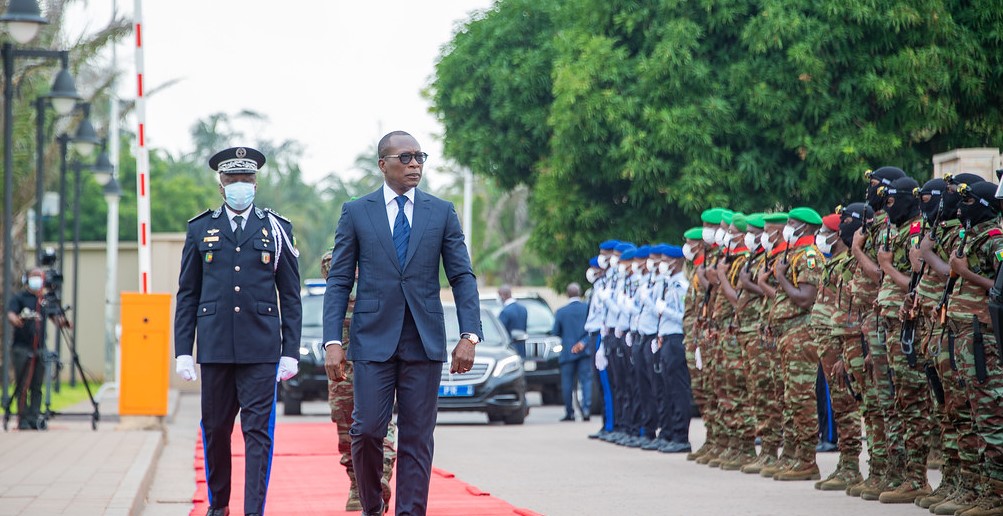
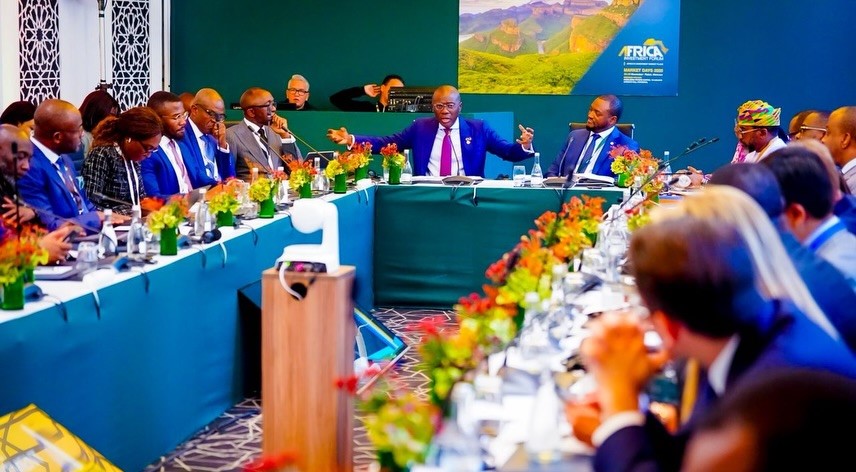
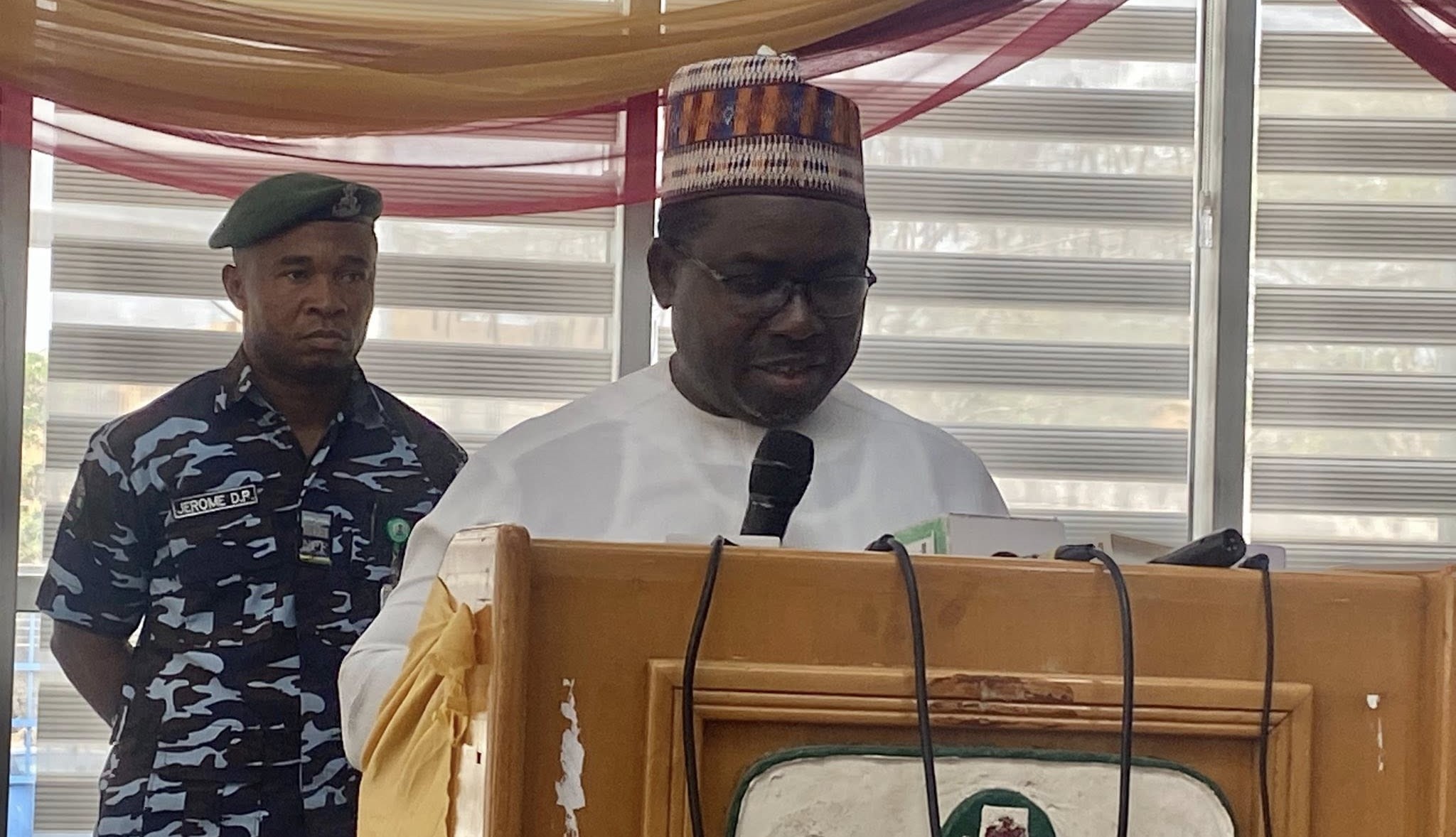
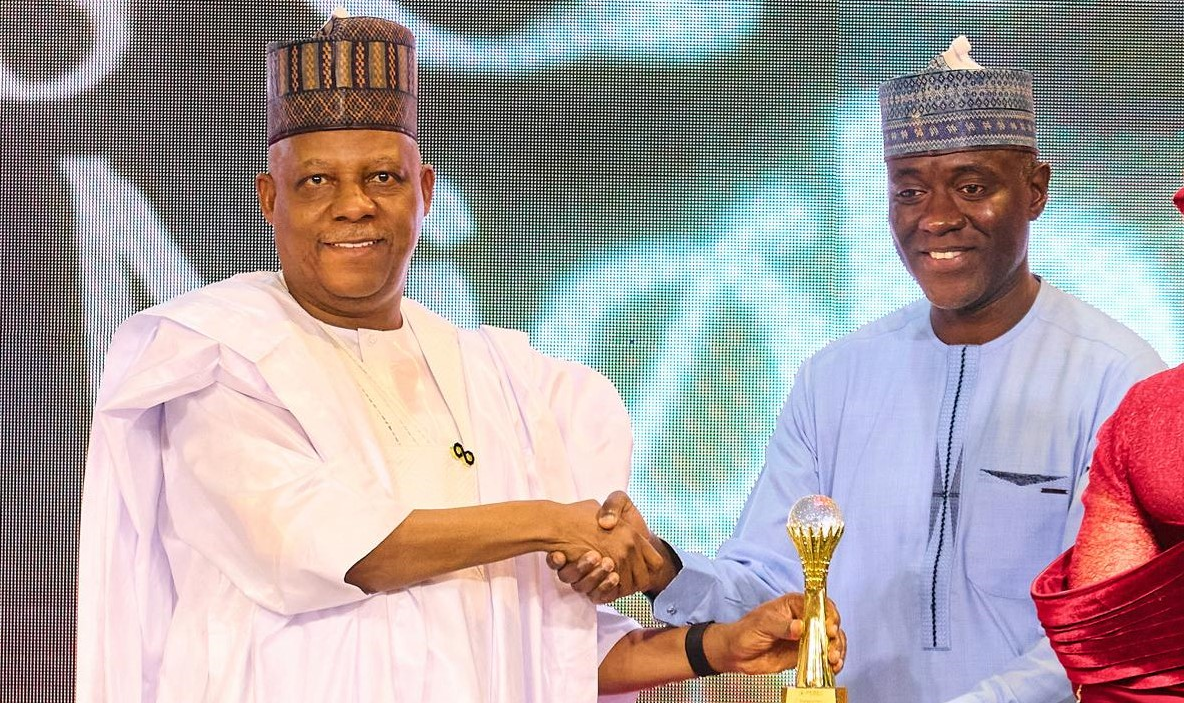

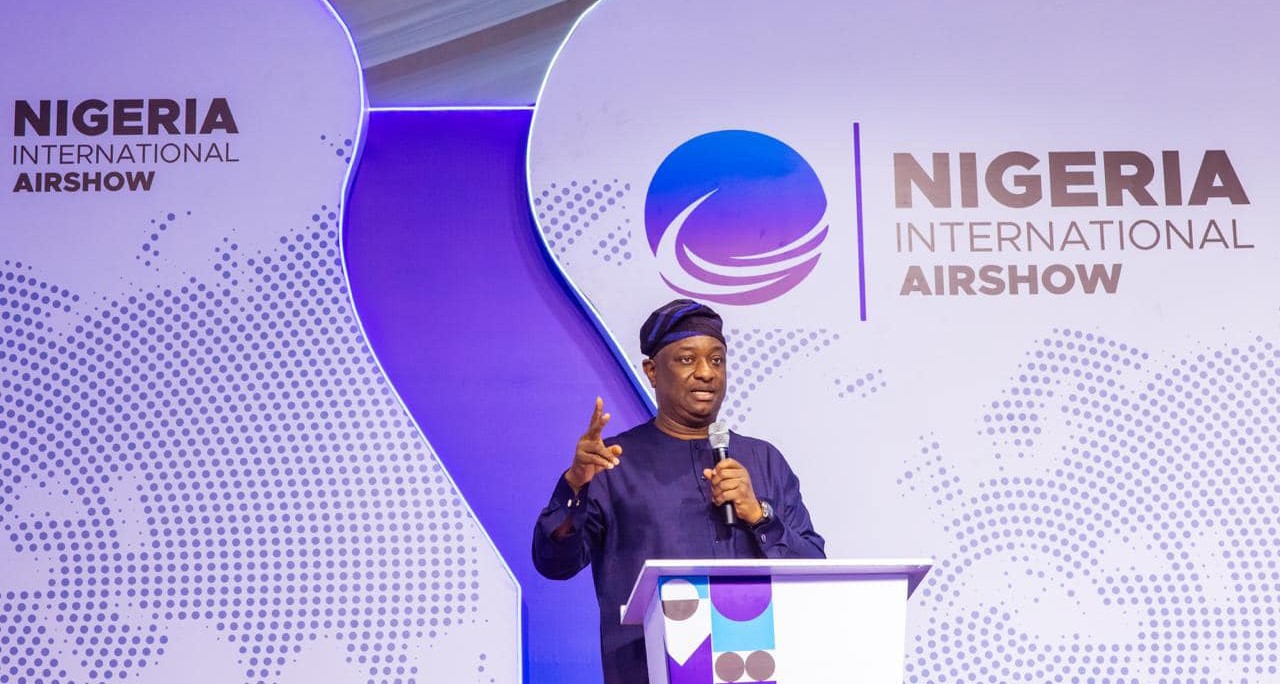

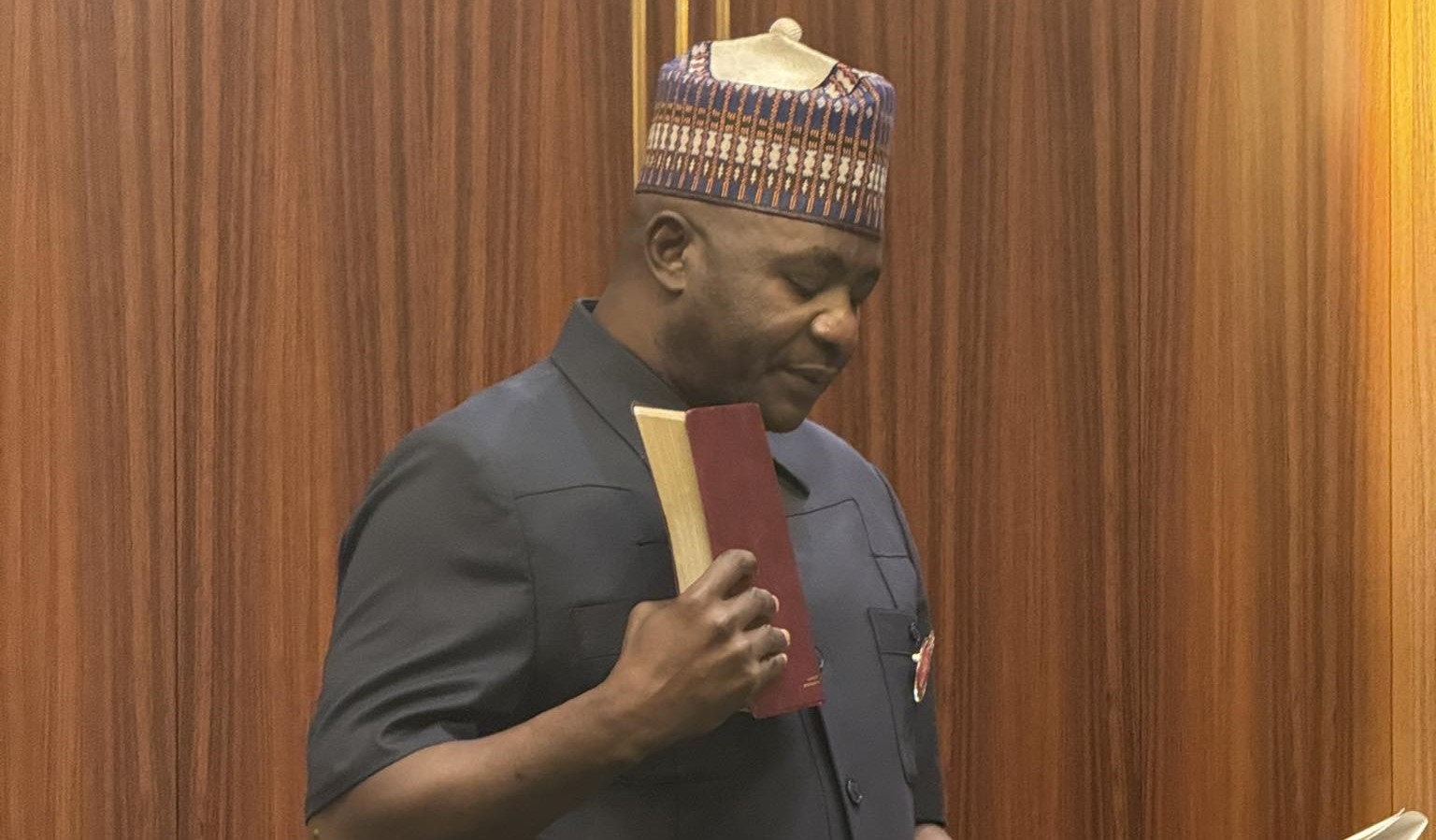
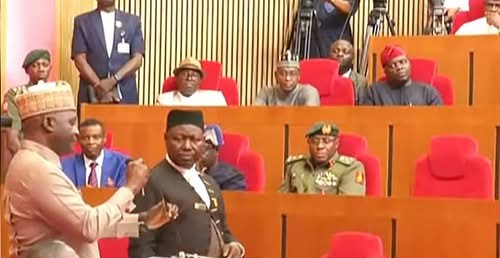
Comments
Be the first to comment on this post
Leave a Reply